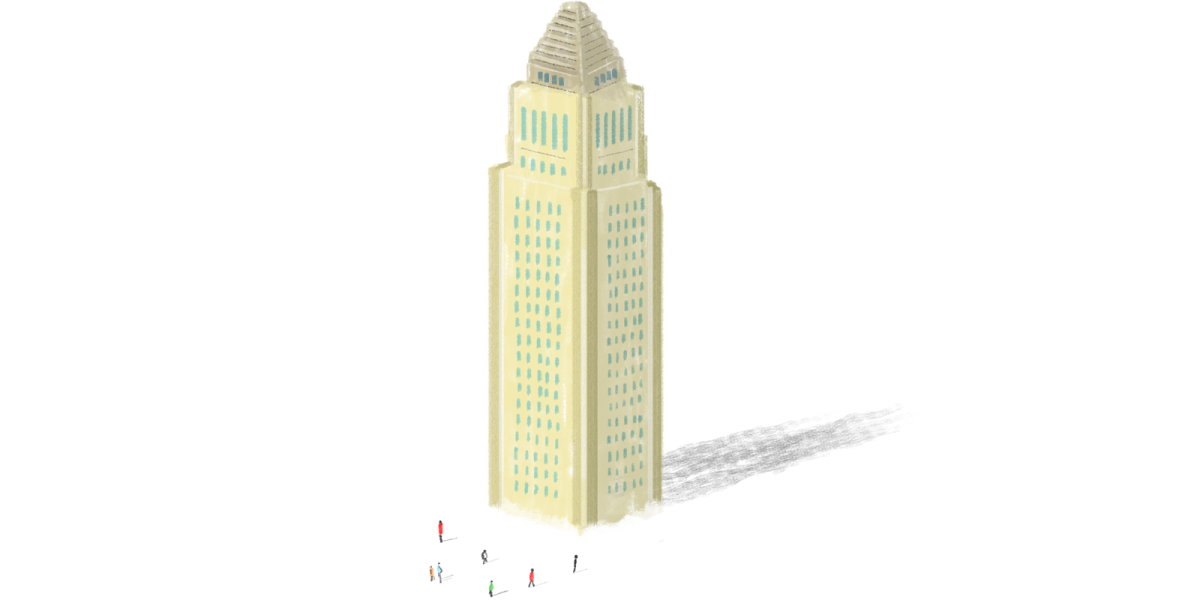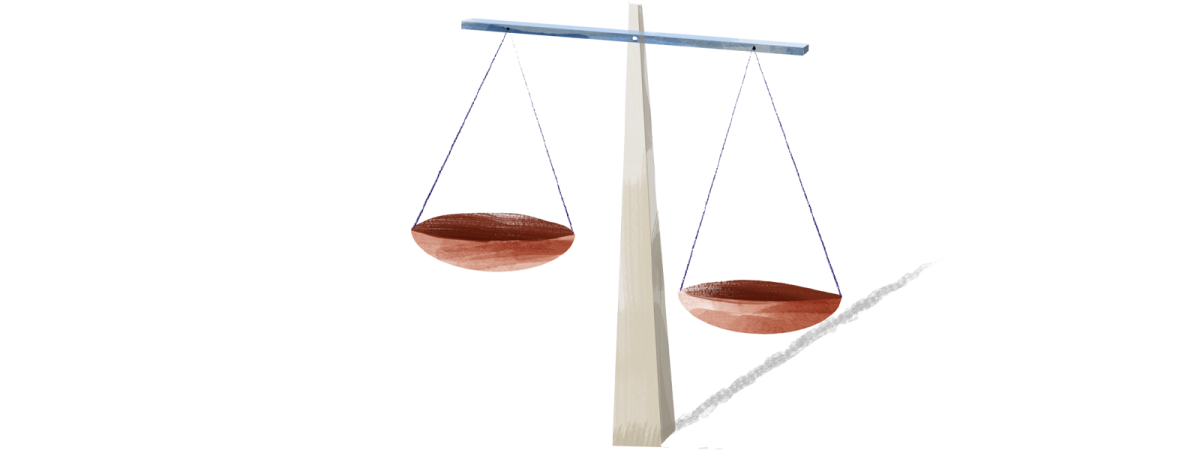Proposition 2: Yes
Proposition 2 is a $10 billion bond that will fund repairs for California’s public schools and community colleges, many of which are run-down and lack basic functionality, such as air conditioning.
Proposition 3: Yes
Proposition 3 gives Californians an opportunity to formally renounce a wrongful moment in our voting history and step forward to positively affirm that bigotry toward same-sex couples has no place in our state or its Constitution.
Proposition 4: Yes
Proposition 4 is a $10 billion grab bag of spending on climate, fire prevention, energy, conservation and agriculture projects so disparate that this bond measure almost defies categorization. But it is still better to spend money today to prepare for climate change than to pay much more to respond in the future.
Proposition 5: Yes
Proposition 5 would get California closer to majority rule by lowering the threshold to pass local bond measures to 55% instead of 66.7%. We think it’s a fairer way to make spending and taxing decisions. Requiring supermajority support gives disproportionate power to the naysayers to decide the appropriate level of taxation and spending. Why should one-third of voters get to set priorities for an entire community?
Proposition 6: Yes
Proposition 6 will remove the language in the state Constitution that allows prisons to force incarcerated people to work and punish them when they refuse. If we want people to emerge from prison rehabilitated — and if we care about public safety, we should — that requires allowing them to access as many opportunities as possible to get an education, learn a skill and get treatment to best prepare them for a productive life.
Proposition 32: Yes
Proposition 32 would give the state’s lowest-paid workers a modest raise, setting the minimum wage to $18 an hour in January, up from the scheduled $16.50 under current law. Businesses with 25 or fewer workers would have until 2026 to start paying $18 an hour. Earning a decent wage shouldn’t be a privilege afforded to people who happen to work in a city that has a higher local minimum wage, and raising base pay statewide is more equitable than a patchwork of rules for different regions and industries.
Proposition 33: No
Proposition 33 would repeal a state law that restricts local governments’ ability to expand rent control. But it goes too far by including sweeping language that would prohibit the state from imposing any limits on rent controls set by cities and counties in the future, even if they stymie housing construction.
Proposition 34: No
AIDS Healthcare Foundation calls this a “revenge initiative,” and we agree. Proposition 34 would change the rules for healthcare providers in ways that seem designed to cut off the foundation’s tenant advocacy. Voters should emphatically reject Proposition 34 and send the message that they will not tolerate such a weaponization of the state’s citizen initiative process.
Proposition 35: No
Proposition 35 involves a tax on managed-care organizations, Medi-Cal reimbursement rates for medical providers, federal healthcare funding and the state budget. It’s complicated policymaking that is better suited to the full-time Legislature.
Proposition 36: No
Proposition 36 won’t end homelessness or crime waves. Existing laws already give police the tools to stop petty thieves and smash-and-grab robbers. Proposition 36 will only refill prisons, push more people to the streets and erase criminal justice reform progress. And it would suck up much of the funding Californians recently approved for mental health care and gut programs that have successfully slashed recidivism.


















